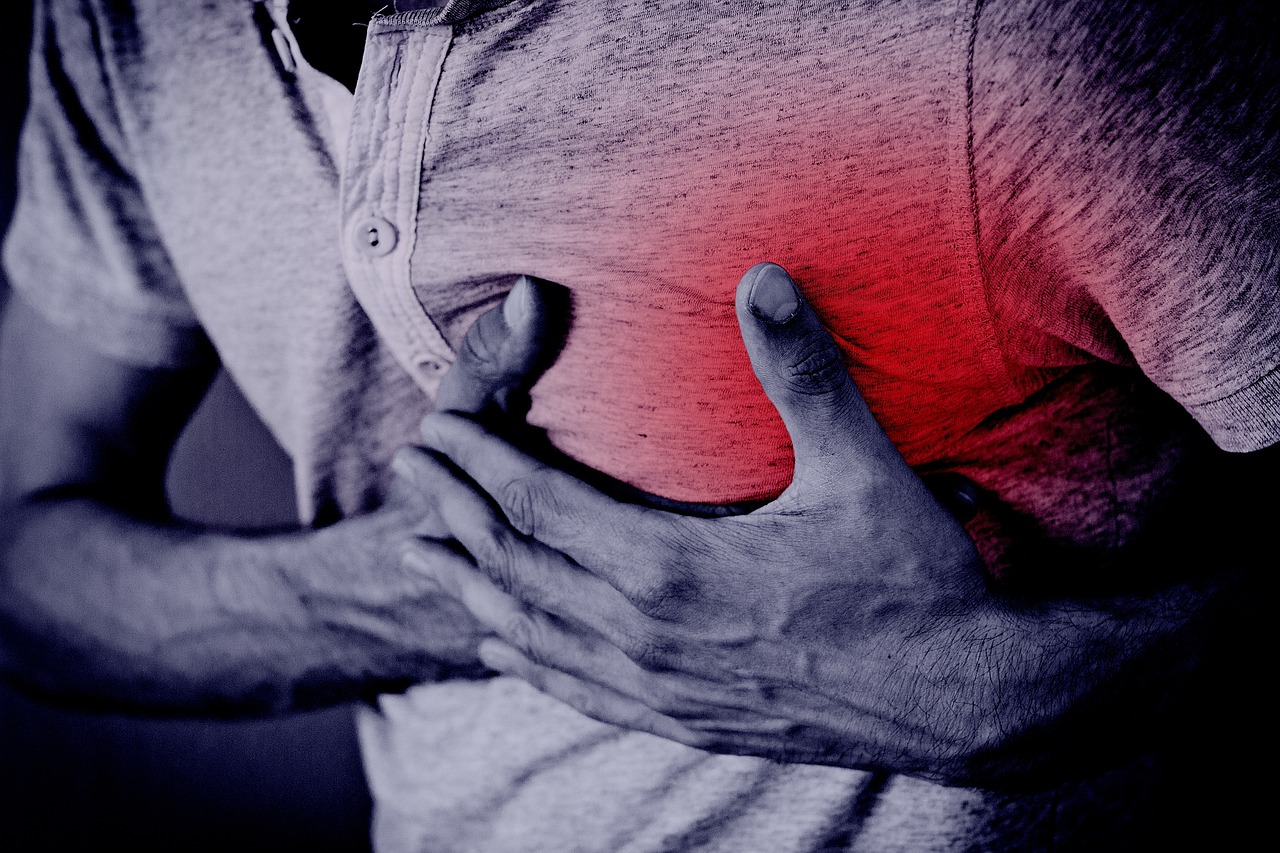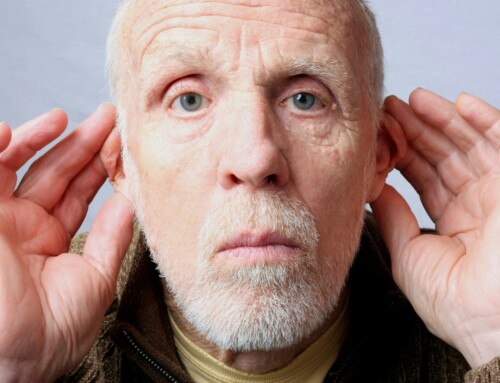There are many wonderful things about growing older, but the way age affects our heart health is not one of them. People age 65 and older are much more susceptible to heart attacks, strokes, or the development of coronary heart disease and heart failure. Heart disease is a significant cause of disability in seniors, inhibiting mobility and activity and affecting quality of life. In this short series, we will explain how the heart works, why age affects heart health, and eventually provide ways to proactively help yourself to remain healthy.
The heart is a strong muscle that pumps blood throughout the body. A healthy adult heart without defect is approximately the size of an adult fist and consists of four chambers – two atrium and two ventricles. One side of the heart pumps blood to the lungs to pick up oxygen, while the other side receives the oxygen-rich blood and pumps it throughout the body via a network of arteries. The heart’s electrical system regulates the heart rate and coordinates the contraction of the heart’s top and bottom chambers.
How Age Affects Heart Health
The aging process can result in changes in the heart and blood vessels, such as a reduction in heart rate during physical activity or stress events. However, the number of heartbeats per minute (heart rate) at rest does not typically change with normal aging. However, a significant factor in the development of heart disease is the buildup of fatty deposits in the walls of arteries which occurs over decades and is therefore more pronounced in later years.
The most common change to the heart due to aging is increased stiffness of the large arteries, called arteriosclerosis or hardening of the arteries. This often results in high blood pressure or hypertension. Because there are identifiable risk factors for atherosclerosis that can be moderated, it is not considered an unavoidable part of normal aging. Plaque accumulates inside the artery walls and hardens and narrows the arteries over time. This buildup inhibits the flow of oxygen-rich blood to the organs, including the heart muscle. When the situation is prolonged, the heart muscle can become weakened or damaged, causing heart failure.
Age can cause additional changes to the heart, including:
- Changes to the electrical system lead to arrhythmias and require a pacemaker.
- Valves that control blood flow between the chambers of your heart may grow thicker and become leaky, causing fluid buildup in the lungs or body.
- Heart chambers may increase in size due to thickening walls, enlarging the heart but limiting blood flow into the chamber.
- Salt sensitivity may cause an increase in blood pressure and ankle or foot swelling (edema).
- Thyroid disease or chemotherapy cancer treatments may also weaken the heart muscle.
Early Signs of Heart Disease
Individuals in the early stages of heart disease may not be symptomatic, so routine medical checkups are vital. Seniors should contact their physician immediately if they are experiencing any chest pain, pressure, or discomfort. Other symptoms may include:
- Pain, numbness, or tingling in the back, arms, shoulders, neck, or jaw
- Shortness of breath when resting or lying flat
- “Fluttering” sensation in the chest
- The heart is skipping a beat or beating too hard
- Chest pain during physical activity that eases when activity stops
- Lightheadedness, dizziness or periods of confusion
- Headaches, nausea or vomiting
- Nausea/vomiting or cold sweats
- Tiredness or fatigue
- Swelling in the ankles, feet, legs, stomach, and/or neck
If you find yourself unable to perform activities normal to you – such as taking a walk – without losing your breath, call your doctor immediately.
Seniors should not accept heart disease as inevitable as they age. In our next blog, we will discuss how seniors can proactively work to prevent heart disease and live longer, healthier lives.
A Banyan Residence is committed to the physical and emotional health and wellness of each of our residents.







